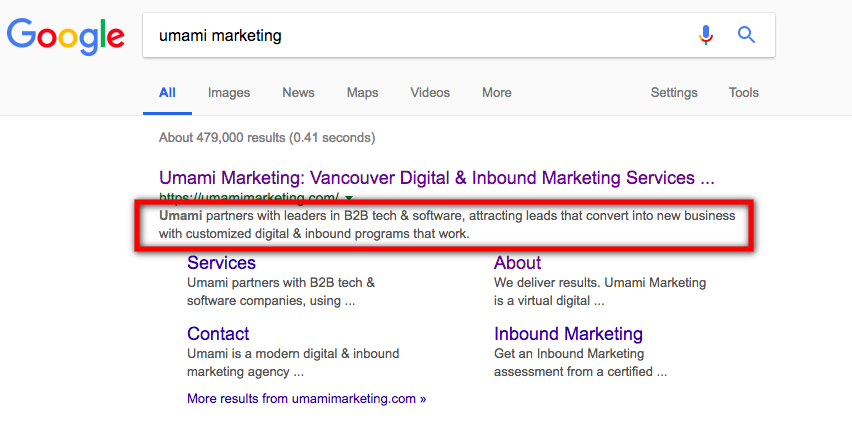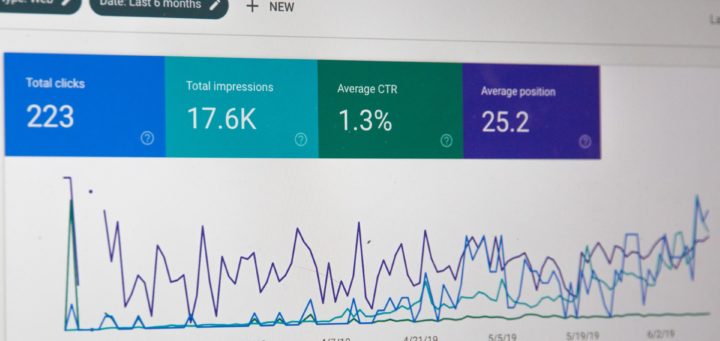Updated May 14, 2018
After increasing the length of search snippet results just a few months ago in February, Google has now confirmed that they have since decreased them again.
At the time of our original post, Google had made changes to the display length of snippets on the search engine results page to around 300+ characters. By May 14, 2018, Danny Sullivan of Google confirmed that search snippet length had decreased again:
Our search snippets are now shorter on average than in recent weeks, though slightly longer than before a change we made last December. There is no fixed length for snippets. Length varies based on what our systems deem to be most useful.
However, if you have already increased the length of your meta descriptions, don’t be too worried about going back and changing them all again. As discussed in our original post below, Google tends to pull most snippets from page content vs. meta descriptions anyway.
—
Google has recently made changes to the display length of snippets on the search engine results page. These snippets are the short blurbs that display what a website is about when you search for a keyword or phrase.

Previously maxing out at around 155 characters, the majority of snippets are now showing up to double that amount — between 250 and 320 characters — allowing websites to show even more descriptive text to help their visitors understand how their page is relevant in search results.
However, there are a few exceptions. As Moz.com posted, their extensive research into snippet length resulted in them finding a few anomalies:
Video snippets seem to max out at around two lines, under a 200-character count, and are further restricted by the remaining space that the thumbnail allows.

Any pre-truncated meta data like that updated automatically through CMS systems will override the new snippet character limit and show a shortened description.
Most interestingly, it now appears that if the original description is too short or not descriptive enough, Google will rewrite the meta description using a core piece of text from the page itself. For example, in searching for “Umami”, the following result came up on the results page:

This snippet that has been displayed is 316 characters long, whereas the actual meta description tag on the page has only been entered as follows, and is only 188 characters:
Sour, sweet, salty and bitter have long been considered the four main flavors we can taste. Umami, a Japanese word that describes a meaty or savory taste, is thought to be a fifth flavor.
When visiting and reading the actual site, we can see that Google has taken a longer, more descriptive chunk of text from the web page itself, something Yoast refers to as a “core paragraph”.
—
As this is a new change, there is still a lot of testing to be done to determine if this means that it might be more meaningful to delete meta descriptions entirely and instead rely upon Google to pull “core paragraphs”, or if longer meta descriptions including searched-for keywords are still relevant. In the meantime, Yoast SEO has updated their WordPress plugin to only show an orange bullet if your meta description exceeds 320 characters, and will continue to run research to and keep us all aprised of any changes to best practices they may recommend.


